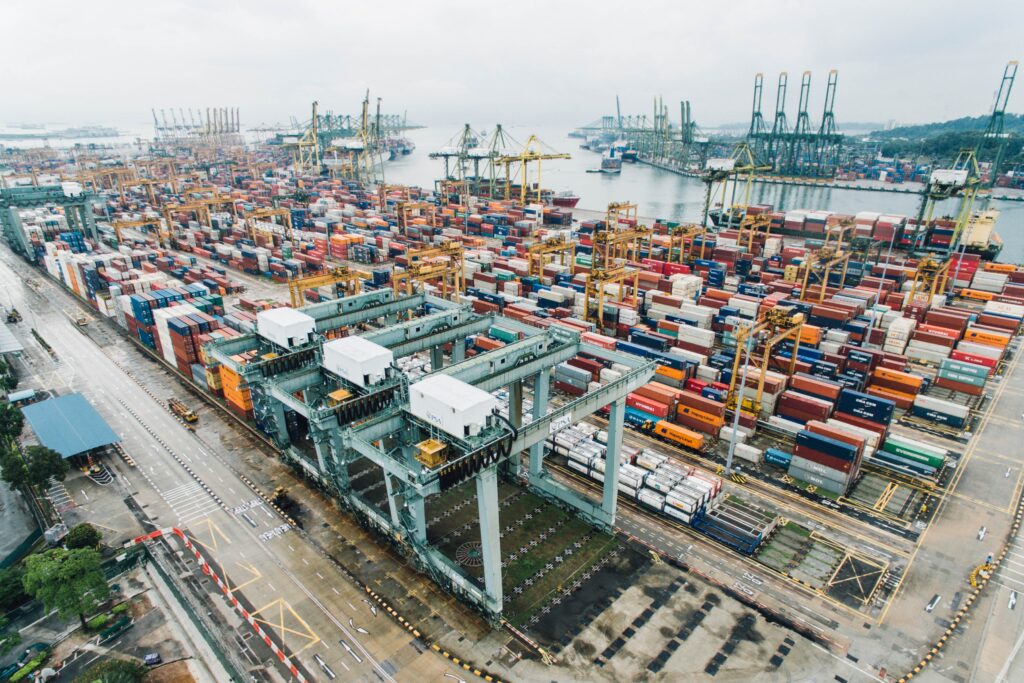
SeaBOS, comprising CEOs from ten of the world’s largest seafood businesses, calls on governments to urgently address the critical humanitarian, safety and economic crisis in the seafood and shipping industry, that has been created by restrictions on crew movement onto and off vessels during the COVID-19 pandemic.
Mr Shigeru Ito, Chairman of Maruha Nichiro, the largest seafood business in the world, and Chair of the Seafood Business for Ocean Stewardship (SeaBOS) Association said “It is vital to recognise seafarers as key workers, and have safe and speedy procedures with visa and quarantine exemptions, so crew changes can occur on vessels, globally. We are supporting calls for Governments to urgently address the crisis.”
“World supplies of seafood depend on people. There are an estimated 300,000 seafarers including fishing crew stranded at sea and in ports around the world, unable to return home, or go to sea. This crisis impacts everyone – shipping and fisheries are a crucial component of the global economy,” said Therese Log Bergjord, CEO of Skretting / COO of Nutreco, and Vice-Chair of the SeaBOS Association.
SeaBOS is supporting calls for governments to implement measures facilitating the movement of seafarers and fishing vessel personnel as outlined by UN agencies, such as the UN Global Compact Action Platform for Sustainable Ocean Business; the International Maritime Organization; the International Civil Aviation Organization; and the International Labour Organization.
SeaBOS members either operate or purchase products from tens of thousands of fishing vessels worldwide which require hundreds of thousands of crews, workers, transport providers, port workers and suppliers to deliver end products to the consumer.
A growing number of seafood businesses are unable to supply markets the needed seafood, either due to inability to move workers to and from vessels and aquaculture establishments, or from shipping delays and supply chain challenges.
Seafood is amongst the most widely traded commodity in the world, and relies on fishers and aquaculture workers to produce that; along with post-harvest operators, and transport workers, to deliver it to key markets to feed the world.
……….
Supporting quotes from SeaBOS CEOs:
Korea – Dr Myoung Woo Lee, CEO of Dongwon Industries said “We share the global concerns on COVID-19 and how it is affecting every minute of our lives currently. Although we must do everything we can to prevent spreading of the pandemic, we also need to look at other parts of the world. We have crews and observers onboard our fleet that haven’t been able to return home or even disembark vessels due to COVID-19 regulations. We fully respect the governments’ regulations and their concerns, but something has to be done to alleviate the difficult times seafarers are going through.”
Thailand – Khun Prasit Boondoungprasert, CEO of CP Foods reinforced the critical role of international cooperation amongst government and industry, to solve the growing crisis.
Norway – Mr Geir Molvik, CEO of Cermaq said “The situation for crew travel onto and off vessels is having a substantially negative social and economic impact globally, as well as creating a humanitarian crisis for seafood workers”.
Thailand – Khun Thiraphong Chansiri, CEO of Thai Union said “It is clear that international coordination and a holistic, cross-governmental approach is key to solving this challenge”.
Japan – Mr Makoto Inoue, President of Kyokuyo, said “Action is essential to ensure we can continue to grow and catch seafood, and ship that to supply world markets, while looking after the health and well-being of those workers who produce that food”.
For more details, contact
Martin Exel
Managing Director, SeaBOS
+61 413 595 532 (Hobart, Australia)
Martin.exel@seabos.org
www.seabos.org
